- A Glimpse Into the 2026 Arakan State Parliament
- Junta airstrikes target military outposts seized by Arakan Army in Arakan State
- Motorbike spare part prices skyrocket in Arakan State amid tighter traffic rules
- Kyauktaw IDP camps struggle with inadequate latrines
- Religious freedom, interfaith harmony expand in areas controlled by AA in Arakan State
Border instability halts Arakan-Bangladesh border trade
The Arakan-Bangladesh border trade has completely stopped amid tense relations between Bangladesh and the Arakan Army (AA) in recent days.
24 Sep 2025
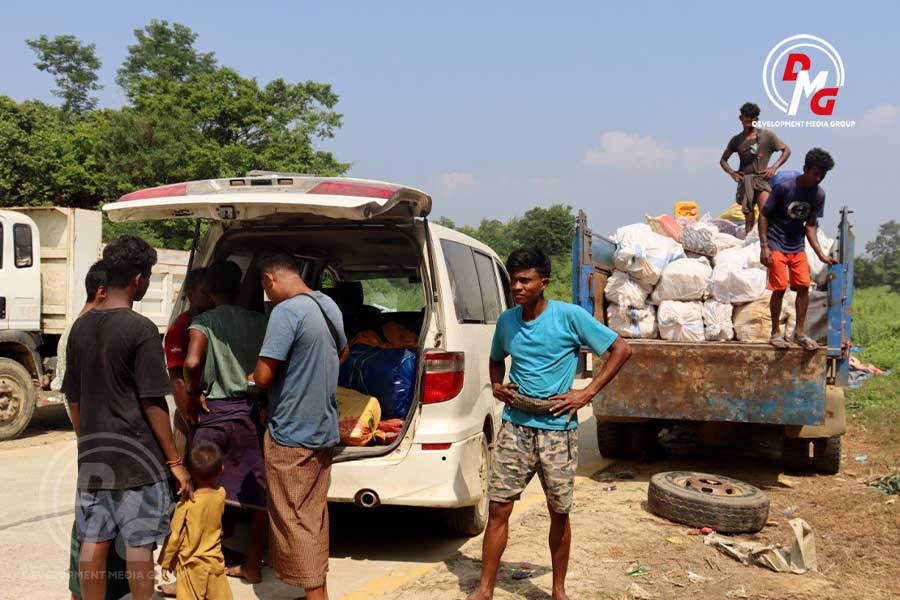
DMG Newsroom
24 September 2025, Maungdaw
The Arakan-Bangladesh border trade has completely stopped amid tense relations between Bangladesh and the Arakan Army (AA) in recent days.
Local merchants said that the killing of an Arakan Army coast guard officer by Bangladeshi fishing boats in Arakan waters, accusations of drug trafficking by both sides, and clashes with the Arakan Rohingya Salvation Army (ARSA) in the border area have all led to the suspension of trade relations.
“I think relations between the two sides are getting tense now,” said a local trader in Maungdaw. “There is no more trade between Arakan State and Bangladesh.”
Border trade between Arakan State and Bangladesh had been decreasing for the past two months, but has now stopped completely.
After the Arakan Army took control of the entire Maungdaw Township earlier this year, when relations between the Arakan Army and Bangladesh were better, there was informal but understood trade through the Kanyinchaung economic zone and Taungpyo Letwe Town.
At that time, Arakan State was able to export goods such as crabs, shrimp, rice, betel nuts, dried fish, and timber to Bangladesh, and import oil, clothing, and other basic consumer goods from Bangladesh.
In addition to the complete halt in trade with Bangladesh, the people of Arakan State are suffering from price hikes caused by delays in the transportation of goods from the Indian state of Mizoram.
“The cost of a day’s work is twice as much as a day’s earnings. I can’t eat well. I can’t take medicine when I’m sick. The prices of clothes have skyrocketed. I feel like committing suicide,” said Daw Ma Nu, a displaced woman in Kyauktaw.
The price of a bag of rice, a staple food in Arakan State under Arakan Army control, rose to K110,000 in the first week of September, and then dropped by about K5,000 in the second week, bringing the price to around K105,000.
One viss of onion is said to fluctuate between K7,000 and K8,000, one viss of garlic between K25,000 and K26,000, one viss of ginger between K20,000 and K15,000, and one viss of green chili between K30,000 and K25,000.
Although Arakan State receives its needs from the Indian state of Mizoram, businessmen believe that trade with Bangladesh would be much more convenient due to the geographical location and the dangerous and long distance goods must travel from Mizoram.
“Mizoram is a mountainous region, so it is difficult to travel from one place to another. So when the goods reach Arakan State, the price is almost doubled, and the traders make a little profit. The transportation costs are high. If we can trade with Bangladesh, the price of goods will be more than half, and everything will be fine,” said a trader.
Fighting is being waged by the Bangladesh-based Muslim militant group ARSA, which is attacking the Arakan Army, which controls the entire border with Bangladesh.
Traders say the situation is also disrupting local traders’ travel.
The Arakan-Bangladesh border trade routes are reported to be operating from the Kanyin economic zone, Taungpyo Letwe, Bandoola, Nanthataung and other places.
Border businessmen believe that the Arakan Army should attempt to improve relations with Bangladesh and open up trade routes.




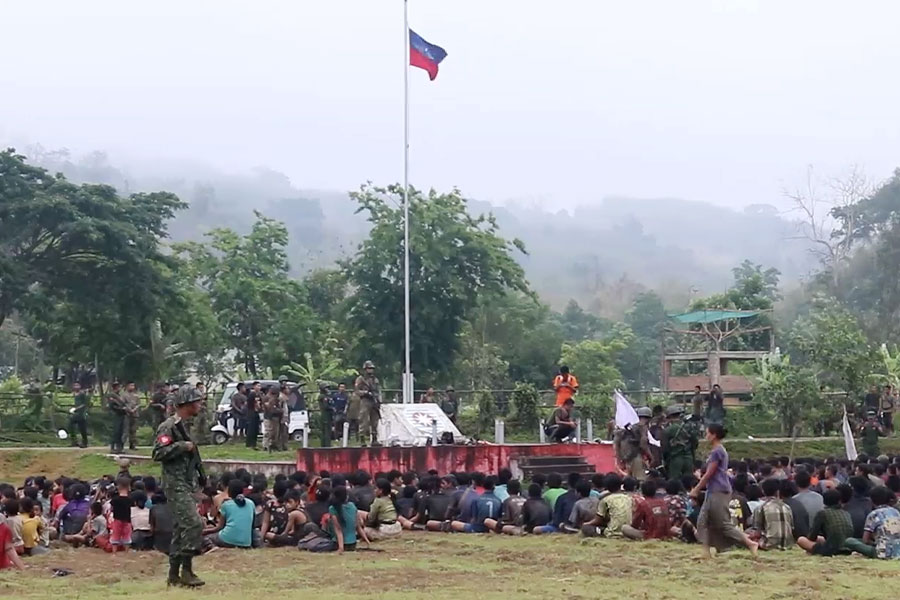
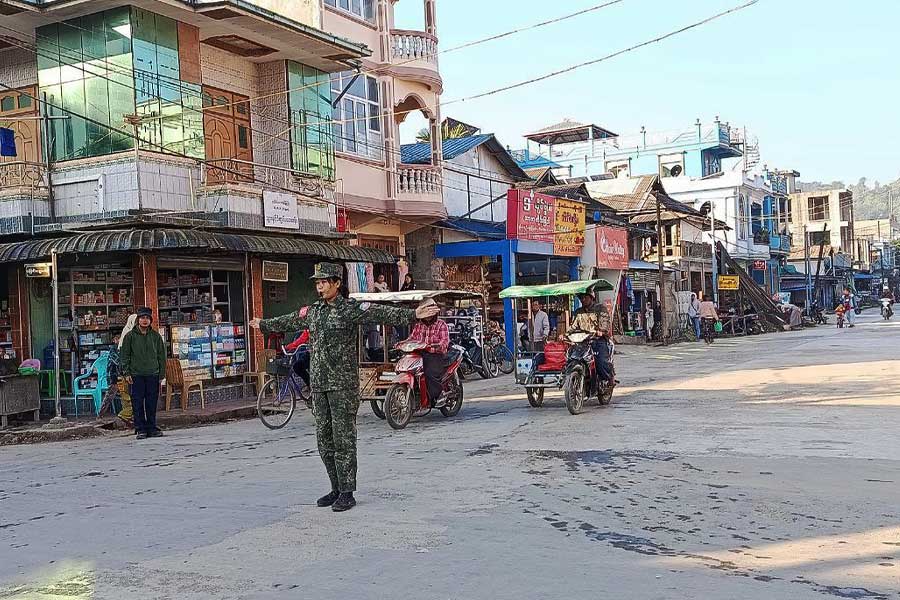
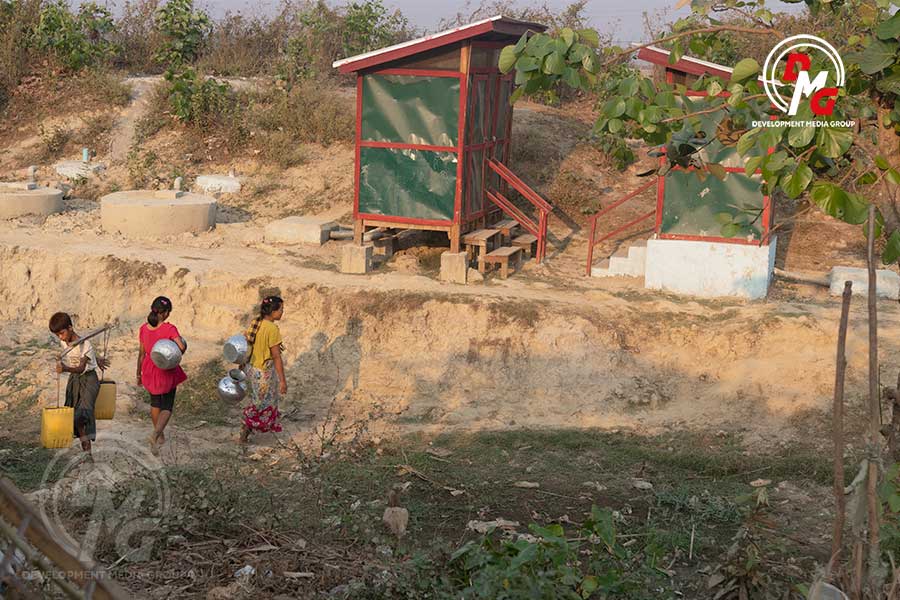
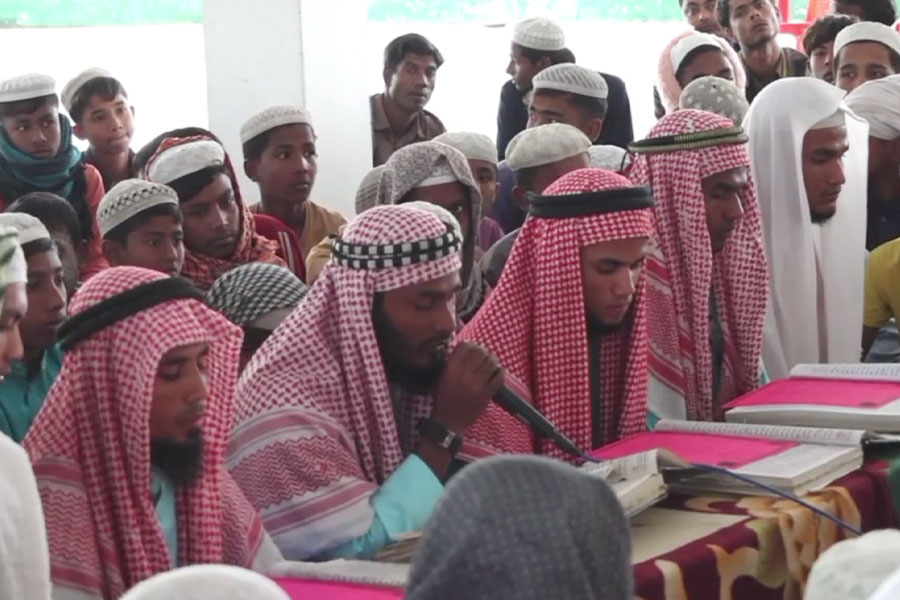
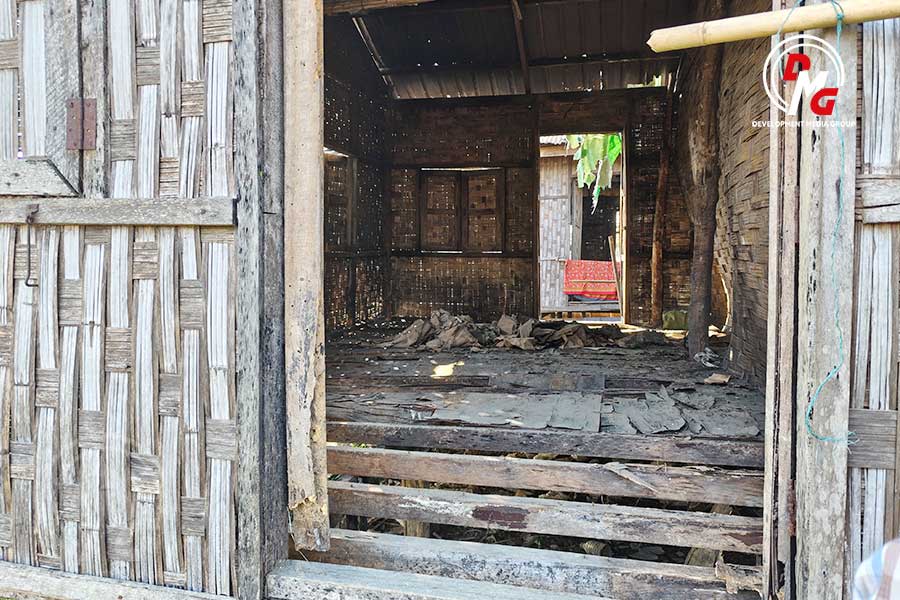







.jpg)
